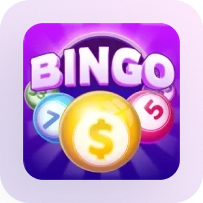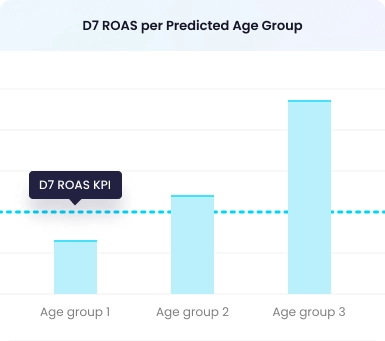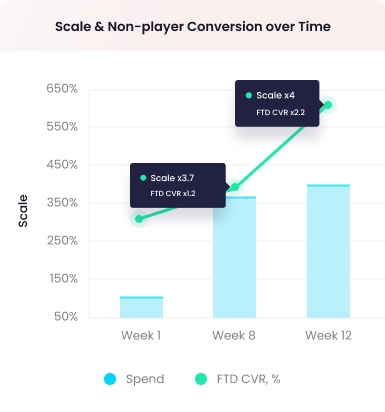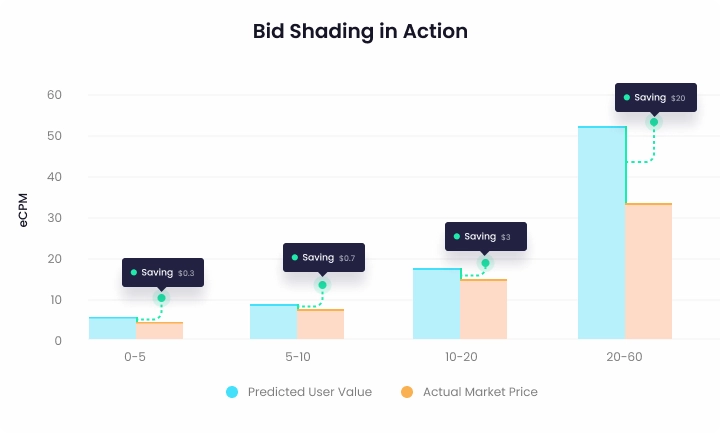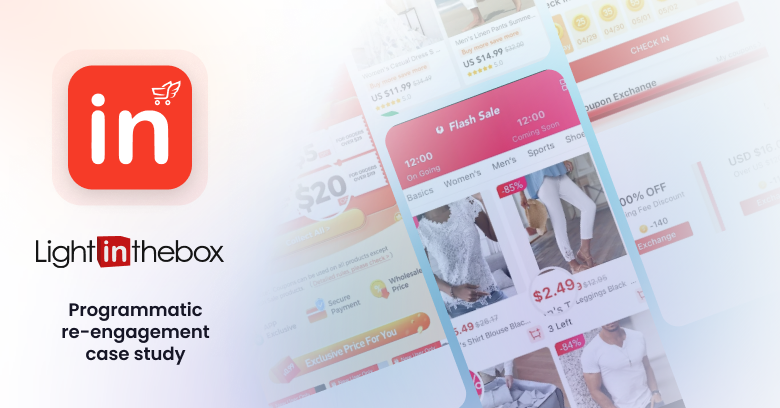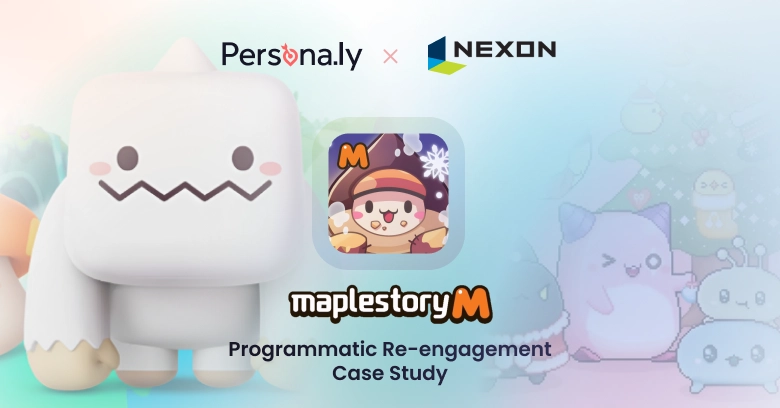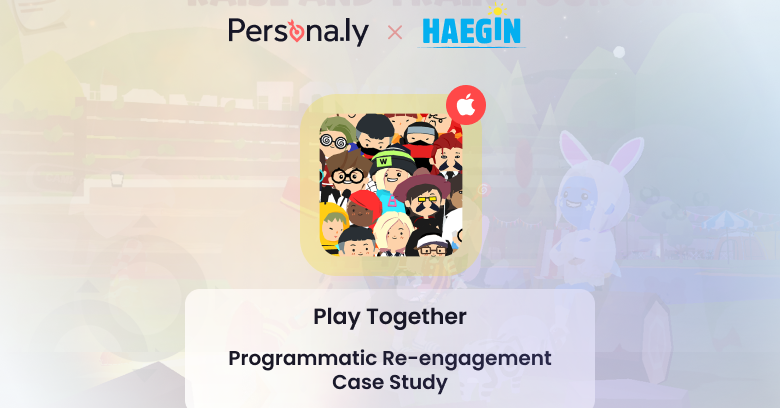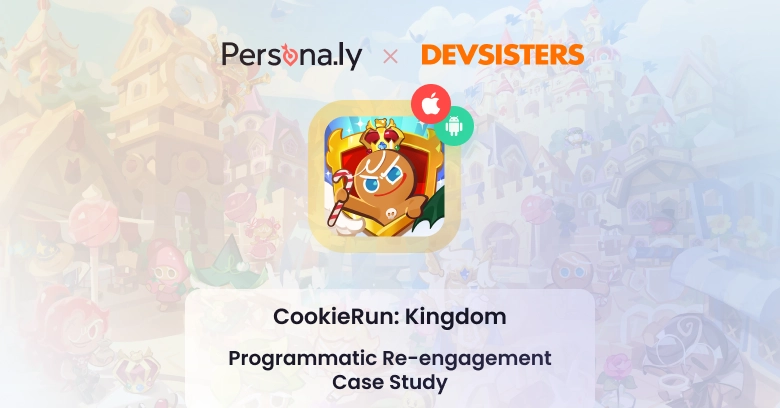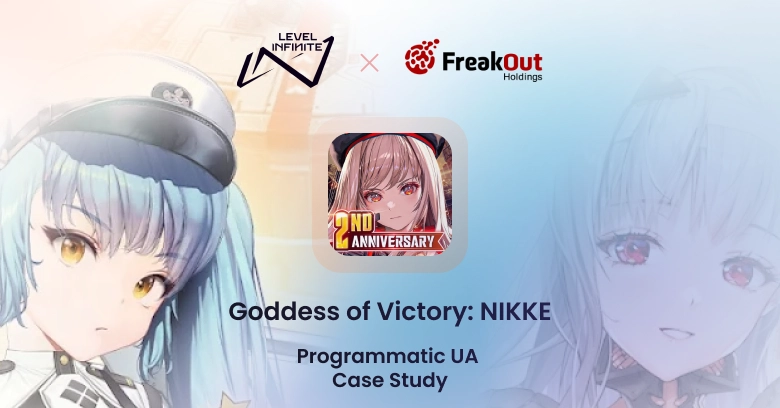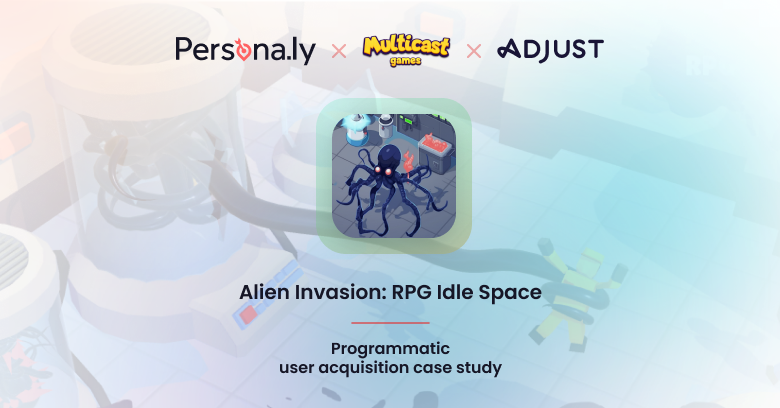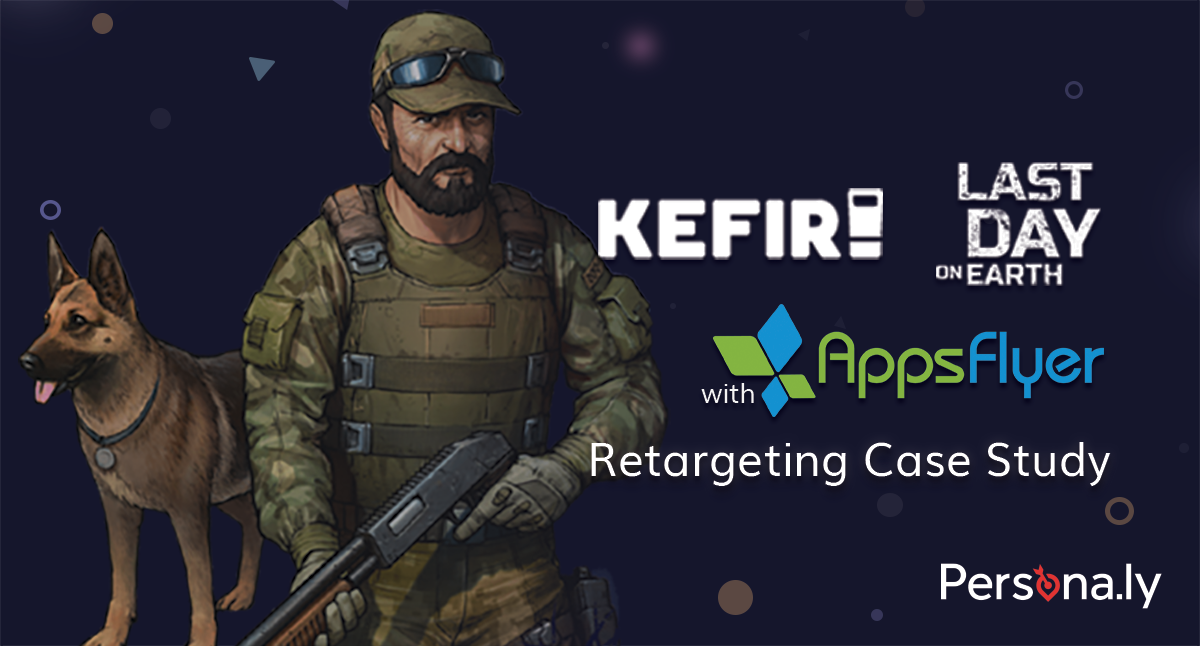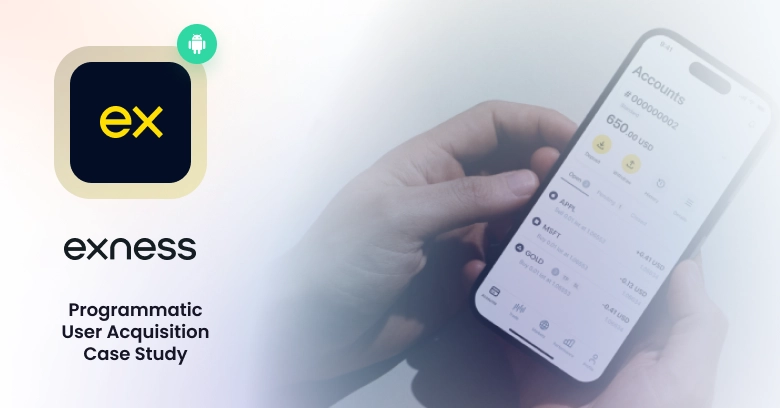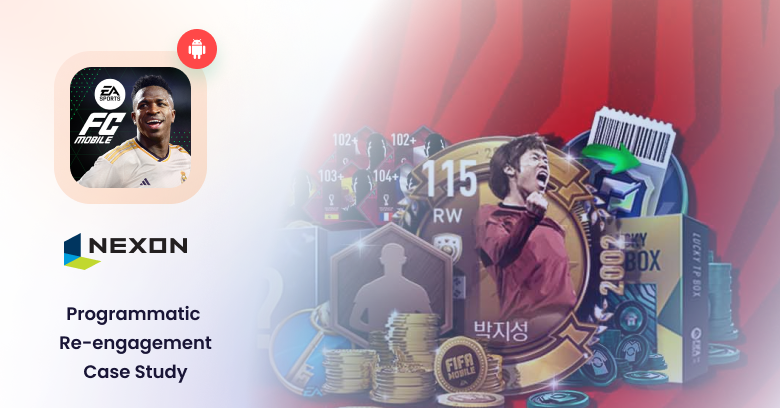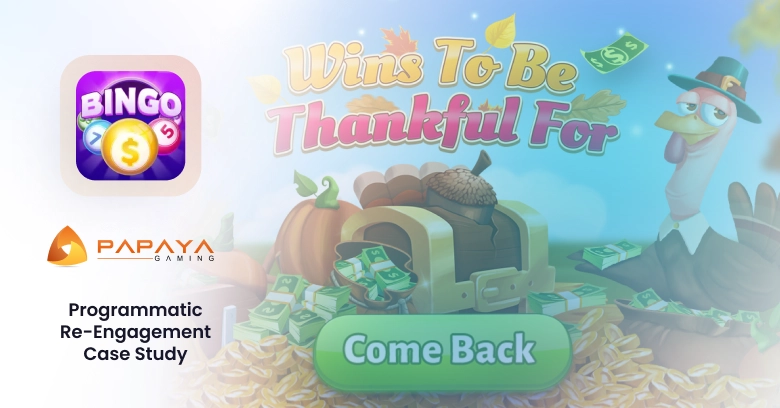
How We Outperformed D7 ROAS KPI by 82% for Papaya Gaming’s Bingo Cash
Download the PDF version of the case study
We worked with Papaya Gaming to re-engage churned users for their skill-based gaming app Bingo Cash on Android in the U.S. and U.K. Papaya is a global gaming company whose skill-based gaming apps Solitaire Cash, Bingo Cash, and Bubble Cash are used by millions of people around the world. The goal of the campaign was to bring back users who’d stopped using the app within a certain period of time and motivate them to make a deposit.
Over our years of partnership with Papaya Gaming, we managed to build a trusting relationship that resulted in the Solitaire Cash UA case study and expanded to several titles.
Results at a Glance:
x13
campaign scaling within 4 months
82%
higher D7 ROAS vs. KPI
x2
FTD CVR increase within 4 months (non-payers)
Campaign Goals
- Re-engage churned payers at the most opportune time to motivate them to make further deposits
- Bring the churned users who have not made any purchases back to the app and convert them by having them make a First-Time Deposit (FTD)
Process
Our in-house DSP is integrated with all the major SSP platforms and is constantly processing more than 1.8M QPS of in-app inventory. For each auction, we apply user-level targeting via our machine-learning algorithms to run effective UA and retargeting campaigns.
We integrated with the client’s Amazon S3 bucket to efficiently update audiences, allowing us to add and suppress the audiences in real time. Our real-time processing capabilities and integration with the S3 bucket allowed us to identify audiences in a bid stream and display ads for relevant segments based on real-time request data and aggregated data from our DMP.
Shortly after collecting a representative number of conversions (re-engagements and re-installs), we were able to leverage our attributed data to narrow down our target audience and focus on users who were more likely to become paying customers in both groups. This allowed us to consistently lower the CPA (deposit) and significantly exceed the D7 ROAS KPI.
The initial campaign setup, generally targeting churned users, produced results well above the KPI as our targeting algorithms quickly found the most opportune time and placement to retarget users, driving the engagement costs down rapidly and resulting in positive ROAS. Naturally, the target audience was divided into two groups: payers (users who made a deposit at some point and then churned) and non-payers (users who never made their FTD and stopped using an app).
Campaign Results
Campaign Scaling
Shortly after collecting a sufficient amount of data for both user groups to allow our machine learning to build a robust reopen/reinstall conversion model, we began to scale the campaign incrementally while constantly hitting the D7 ROAS KPI.
Another factor contributing to the campaign success is in-app funnel personalization based on a user group. Having different user funnels for paying and non-paying users in place helps Papaya Gaming optimize marketing efforts and improve monetization.
Showing steady above-the-KPI performance allowed us to scale the campaign almost nine times by week 8 and almost thirteen times by week 16 (compared to the start of the campaign).
Paying Users Campaign Optimization
While re-engaging payers is a seemingly simple task, as these users have a higher intention to make another deposit, our ML is constantly tweaking the model to improve results.
After collecting a sufficient number of target actions—additional deposits within the campaign—our ML algorithm was able to identify the most prospective user segments and give greater weight to those with a higher probability of making another deposit.
Using our platform’s age prediction features, the ML algorithm found that users who fell into certain age groups had a significantly higher chance of converting. As a result, our platform has started factoring in users that fall into the winning age groups.
Non-Paying Users Campaign Optimization
As targeting non-payers is a more intricate task, the ML algorithm took a different approach to the process. Our data enrichment warehouse processes over 60 data points before serving each impression, classifying key characteristics at the impression level, device level, and predictive user level. Using this classification and historical campaign data, our ML algorithm identified that users with high-end devices—based on device model and RAM—were more likely to make an FTD, and it optimized the bidding strategy accordingly.
As can be seen in the graph, we were able to scale the campaign budget by four times in the non-payers segment within 3 months, while doubling the CVR.
Bid Shading
Due to the prominence of first-price auctions (where the highest bidder pays the full bid price for the impression), as opposed to second-price auctions (where the winning bidder pays the price of the second-highest bid +$0.01), the campaign required an additional layer of optimization.
Persona.ly has access to historical records of what amount was spent on the same bid in the past—taking into account the app, placement, ad format, historical user-level data, and the price at which previous bids were lost—and predicts the optimal bid price to win the impression without overpaying. This allows us to significantly reduce the winning price while improving the results for our clients.
Using bid shading alone, we were able to save and ultimately reallocate the budget to display 23% more impressions without stretching the budget.
Below is an example of bid shading in action. The blue columns represent the predicted value of the impression for an advertiser and the orange ones are the predicted market price of that impression. In bid shading, instead of bidding the exact predicted value, our algorithm predicts the market value of the impression and bids slightly over it to ensure the auction is won, and the same value is generated for our advertisers for a lower price. As seen on the graph, the higher the predicted value is, the higher the gap from the market price (and therefore the savings, represented by the green lines).
“What I like about working with Persona.ly is their drive toward success—not only their own success, but also Papaya’s success—and how they help Papaya to achieve its goals.
Lidor Feldman, Retargeting & Cross Promotion Lead at Papaya Gaming
They are highly motivated to help and learn about our games and how to suit their technology to our needs. In this way, they understand how to target users in the best-fit way.
The trust we built and their professionalism led us to promote more games from our portfolio with them.”
About Papaya Gaming
Papaya Gaming is a Tel Aviv-based mobile game developer with one of the fastest growth rates in the market since 2019 and millions of players worldwide.
Our team has grown tremendously over the last two years, and we’re always looking for new talents to join the ride. Check out your best opportunities and become part of a market-leading, innovative team.
“From the beginning of our relationship with Papaya Gaming, it was clear that the team was made up of accomplished professionals and great people. Their team is extremely transparent, responsive and clear in their feedback. We were able to build mutual trust, which has resulted in a productive cooperation and great campaign performance.”
Nadav Nadler, Customer Success Manager at Persona.ly
About Persona.ly
Persona.ly is a mobile-first DSP operating worldwide. Using our proprietary bidder and machine-learning algorithms, we offer transparent, performance-driven, highly-targeted UA and retargeting solutions at scale with access to over 1.8 million ad auctions per second. We are trusted by Rapido, Games24x7, Ubisoft, Tilting Point, and many others.
Persona.ly strives to be more than just a vendor for its partners, but a partner that helps generate actual value, growth, and broad marketing insights that can be used across channels.
